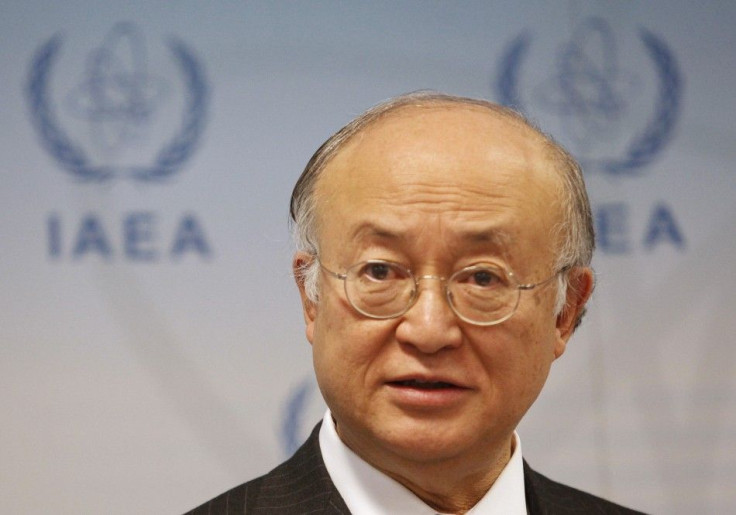IAEA Director General Statement on Japan Nuclear Emergency (FULL-TEXT)

Dear Colleagues, Ladies and Gentlemen, I know I speak for all of you when I say that our hearts go out to the people of Japan. My homeland has been struck by a tragedy of cataclysmic proportions. This has been one of the greatest natural disasters of modern times, the full extent of which is still becoming clear.
The events of the last few days are truly unprecedented. The modern infrastructure of a highly industrialized country has been dealt a devastating blow by the immense destructive power of nature.
I send my deepest condolences to the people and Government of Japan. And I am grateful for the heartfelt expressions of sympathy addressed to me.
The earthquake and the tsunami struck on Friday morning European time. We immediately activated our Incident and Emergency Centre, which has worked around the clock since then, and offered our assistance to the Government of Japan.
Today, the Government of Japan asked the Agency to provide expert missions. We are in discussions with Japan on the details.
The entire island of Honshu has been shifted 2-1/2 metres. The nuclear plants have been shaken, flooded and cut off from electricity. Operators have suffered personal tragedies. In the face of all of this, I pay tribute to their efforts to stabilize the reactors. The reactor vessels have held and radioactive release is limited.
Our Incident and Emergency Centre has been in constant communication with its counterparts in Japan and in other Member States and has issued more than 60 reports to Member States on the situation at the affected nuclear power plants. I have also been in touch with high-level contacts in Japan.
I organized this Technical Briefing to inform Member States about the latest state of affairs and provide an opportunity for you to put questions to the Agency's technical experts. I will also hold a news conference after this briefing.
Starting tomorrow, Tuesday, we plan to hold a daily Technical Briefing for Member States and the media in the Press Room in the M Building. It will take place at 3 pm.
In a moment, my colleagues from the Department of Nuclear Safety and Security will brief you on the latest situation, as reported to them by the Japanese authorities. They will also try to clarify, from a technical standpoint, any matters requiring further explanation so the actual facts are fully understood.
Before handing over to them, I would like to ask for your understanding that we may not be able to answer all of your questions. The IAEA cannot engage in speculation. The Japanese experts and authorities on the ground are doing their best to stabilize the situation. It is very important to bear in mind that we are dealing with a situation that is constantly developing. We will not try to second-guess the people on the ground.
Ladies and Gentlemen, Nuclear safety is the responsibility of IAEA Member States. Many Member States have offered assistance to Japan and some have dispatched specialized teams. The Agency has an important role in coordinating assistance, if requested by Japan
Two international treaties - the Convention on Assistance in Case of a Nuclear Accident or Radiological Emergency and the Convention on Early Notification of a Nuclear Accident - come into play in cases such as this. The IAEA's role under this system includes helping States to conduct an initial assessment, transmitting requests for assistance and information to other States and liaising with relevant international organizations, which are working in close cooperation. Earlier today, I spoke to United Nations Secretary-General Ban Ki-Moon and to the Director-General of the World Health Organization, Dr Margaret Chan.
The Agency has an established Response and Assistance Network which draws on and coordinates help from Member States. Through this network, the IAEA can offer support in technical areas such as radiation surveys and environmental sampling, medical support, the recovery of missing or misplaced radioactive sources or advice on emergency response.
In situations such as this, it is extremely important that the general public, both in Japan and internationally, is kept fully and accurately informed about the situation. The Agency will continue to work around the clock to put out validated facts and to explain how the plants operate and what safety procedures are in place.
The Japanese authorities are working as hard as they can, under extremely difficult circumstances, to stabilize the nuclear power plants and ensure safety. I know that all of us stand by them in their efforts to deal with this crisis. The IAEA will continue to play its part. Japan and all our Member States can be assured that all resources put at our disposal are fully mobilized. That will remain the case until this crisis has been resolved.
Thank you.
© Copyright IBTimes 2024. All rights reserved.





















